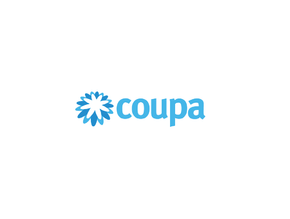Companies brace for Netherlands' Semiconductor restrictions

Procurement professionals in the semiconductor industry need to be aware of new export restrictions announced by the Dutch government. The restrictions are being implemented to protect national security and mirror similar efforts by the United States to curb chip exports to China.
The Netherlands plays a vital role in the chipmaking industry as they oversee essential technology used in the production of semiconductors. The Dutch government's decision to adopt rules urged by the US will slow China's chipmaking industry and in turn, it is hoped, slow its military advances.
The restrictions will be introduced before the summer, and as a consequence, Europe's largest tech firm, ASML Holding NV, will be impacted.
ASML is a major supplier to semiconductor manufacturers and dominates the market for lithography systems, which are multimillion dollar machines that use powerful lasers to create the circuitry of computer chips.

The specific technology impacted will be the "DUV" lithography systems, which are the second-most advanced machines that ASML sells to computer chip manufacturers.
Although the Dutch government did not directly name China or ASML Holding NV in their announcement, both will be impacted by the decision.
ASML will have to apply for licences in order to export the most advanced segment among its DUV machines, but it isn’t thought that this will impact the company's 2023 financial outlook.
The Dutch announcement raises questions about whether ASML will be able to service the more than 8 billion euros (US$8.44bn) worth of DUV machines it has sold to customers in China since 2014.
The decision also leaves procurement professionals wondering if ASML will have to adjust its supply chain, and if its biggest customers - such as Taiwan Semiconductor Manufacturing Co, and Intel Corp - will face related disruptions in their chip production.
Japan is expected to issue an update on its chip equipment export policies as soon as this week, adding further uncertainty to the industry.
Procurement professionals must stay informed and agile to quickly adapt to changing circumstances.






